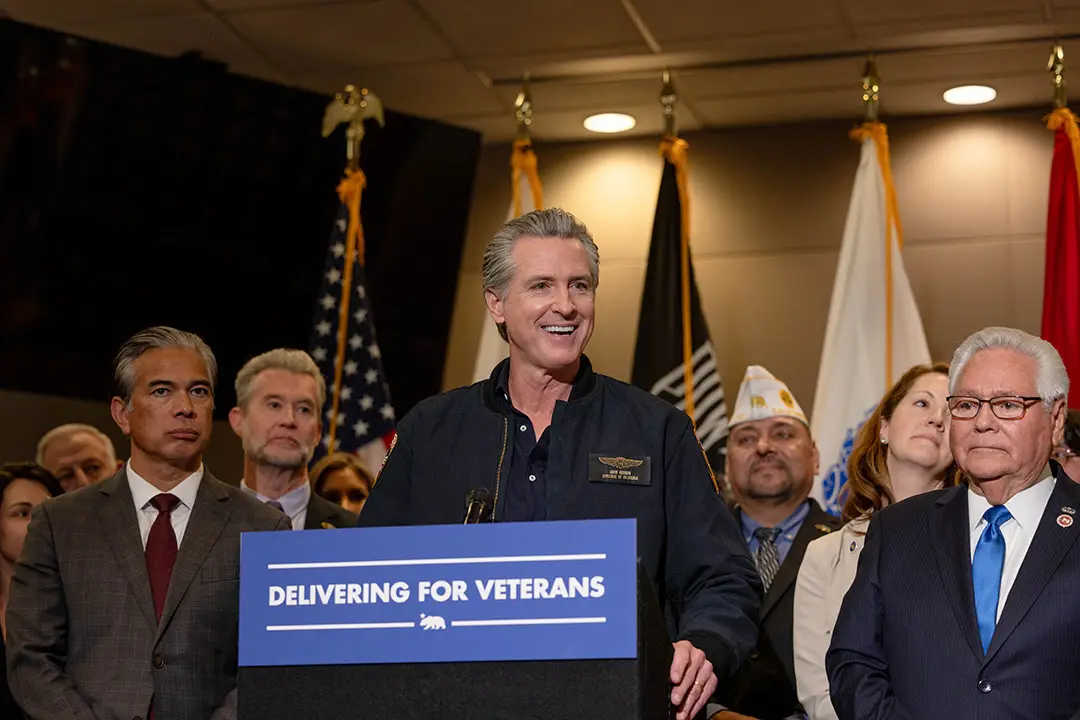The U.S. Court of Appeals for the Ninth Circuit issued a ruling on Sept. 6 addressing the constitutionality of firearm restrictions in Hawaii and California.
In both states, the court partially reversed the lower court’s temporary block on enforcing new laws and will now allow bans on carrying firearms in bars and restaurants that serve alcohol, parks, and parking areas adjacent to these locations to go into effect.





